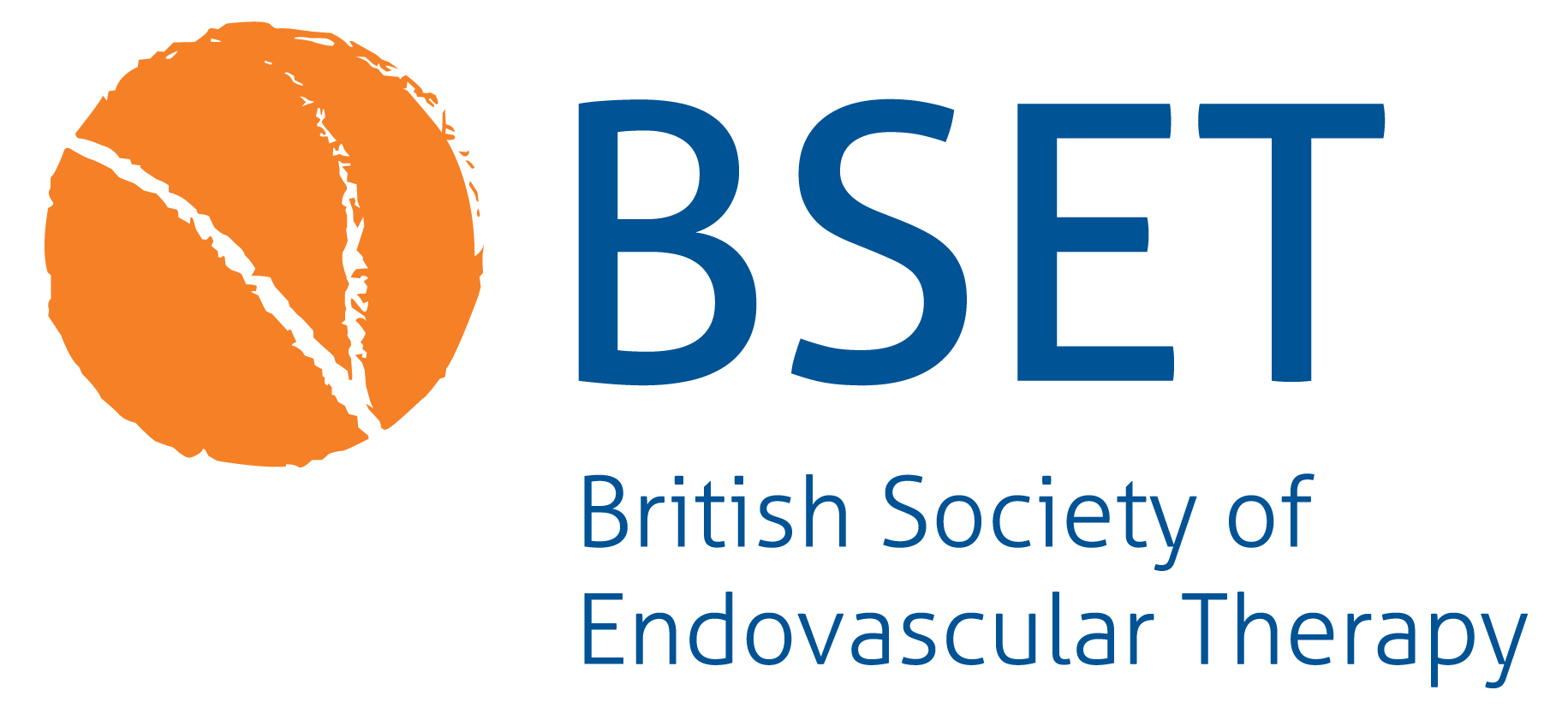chronic limb-threatening ischaemia
Development of a rehabilitation programme for individuals with chronic limb threatening ischaemia post revascularisation (HOPE): a modified Delphi study
Introduction Peripheral artery disease (PAD) affects over 236 million globally,1 equating to approximately 20% of individuals aged over 60 in the UK. Already identified as the leading contributor to vascular service demand within secondary care,2 the prevalence of this condition is projected to increase by 50% by the year 2045.3 The most severe manifestation of…
An audit of Global Vascular Guidelines implementation at two large teaching hospitals in differing healthcare settings
Introduction Chronic limb-threatening ischaemia (CLTI) is the most severe form of peripheral arterial disease, associated with high rates of morbidity, mortality, and limb loss.1 CLTI creates significant costs to healthcare systems across the globe. Between 2020 and 2021 alone, the financial burden of non-elective amputations cost the National Health Service (NHS) over £115 million.2 Therefore,…
Surgical Site Infection in Major Lower Limb Amputation (SIMBA): an international multicentre audit: baseline unit survey
Introduction Surgical site infections (SSIs) are a common complication following any surgical procedure, accounting for 20% of all hospital-associated infections.1 The incidence of SSI following major lower limb amputation (MLLA) is particularly high, with a recent systematic review reporting an overall incidence of 7.2% and single-centre studies reporting rates up to 27%.2 SSIs are a…
Models of same-day emergency care for vascular limb salvage
Introduction The efficient and effective management of patients with chronic limb-threatening ischaemia (CLTI) is a challenge for UK vascular services, due to the volume and complexity of patients and centralisation of services.1,2 In an attempt to provide comprehensive limb salvage services in keeping with the global vascular guidelines,3 more than 14,000 revascularisation procedures are performed…











